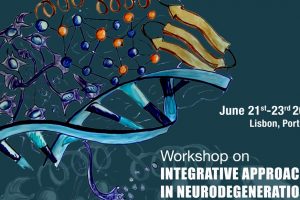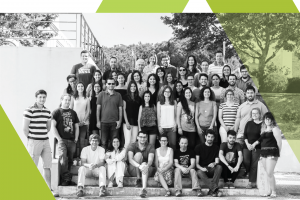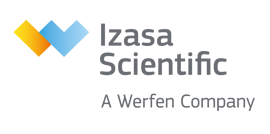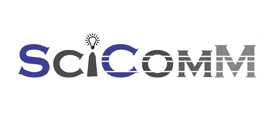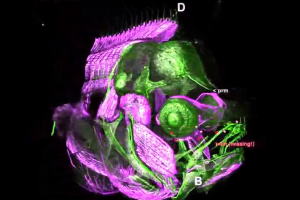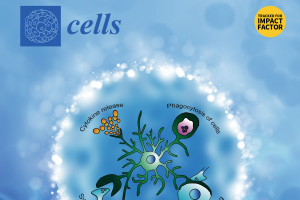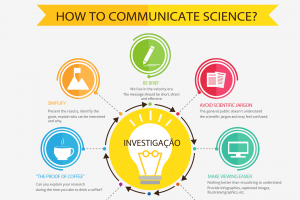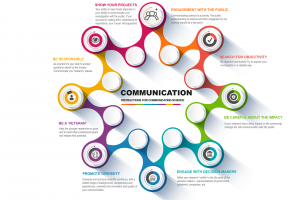The tech giant has developed a data-hungry computer system that hoovers up health info – and spits out details about your mortality.
GOOGLE knows everything (or at least it feels that way), and now it can even tell you when you’ll die. The tech giant helped test an artificial intelligence computer system that can predict whether hospital patients will pass away 24 hours after admission.
What’s more staggering is that trials put the accuracy of the AI’s predictions as high as 95%. It works by chewing up data about patients, like their age, ethnicity and gender.
This information is then joined up with hospital information, like prior diagnoses, current vital signs, and any lab results. And what makes the system particularly accurate is that it’s fed data typically out of reach for machines, like doctors notes buried away on charts or in PDFs.
Artificial intelligence systems become smarter over time through a process known as machine learning. The AI was developed by a team of researchers from Stanford, the University of Chicago, and UC San Francisco.
Google then took the AI system and “taught” it using de-identified data of 216,221 adults from two US medical centres.
This meant the AI had more than 46billion data points to hoover up. Over time, the AI was able to associate certain words with an outcome (i.e. life, or death), and understand how likely (or unlikely) someone was to die.
What’s particularly exciting about Google’s system is that researchers can throw almost any type of data at it.
Stanford professor Nigam Shah told Bloomberg that around 80% of development time spent on predictive models goes on making the data look presentable for the AI. But Google’s system can chew up anything and make predictions based on it, due to its powerful machine learning capabilities.
Excitingly, Google’s AI doesn’t just predict whether you’ll live or die.
It can also guess at the length of a patient’s stay in hospital, and their chances of being readmitted.
So exactly how accurate is the AI? When we talk about probability, a 1.00 score is perfectly accurate.
And a 0.50 score is a 50/50 chance – so an AI that scores 0.50 is no better than a human making random guesses. Here’s how Google’s AI fared based on various outcomes:
- Predicting if a patient would stay long in a hospital – 0.86 (Google) vs 0.76 (traditional methods)
- Predicting inpatient mortality – 0.95 (Google) vs 0.86 (traditional methods)
- Predicting unexpected readmissions after a patient was discharged – 0.77 (Google) vs 0.70 (traditional methods)
- “These models outperformed traditional, clinically-used predictive models in all cases,” explained Google’s Alvin Rajkomar.
Rajkomar said that hospitals adopting the AI could be use it to “improve care” for patients.
Source: The Sun
The tech giant has developed a data-hungry computer system that hoovers up health info – and spits out details about your mortality.





